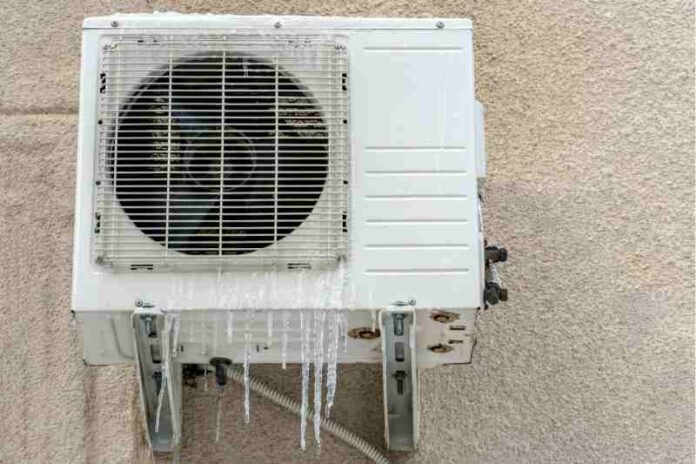
The global HVAC market is projected to increase between 2022 and 2028 at a CAGR of 5.43%.
Everyone is familiar with their HVAC systems. We enjoy year-round comfort and depend on our heating and cooling systems to keep us cozy and at a comfortable temperature.
However, most of us probably take our HVAC systems for granted.
In most cases, having a functional HVAC unit means you can enjoy your home’s temperature. But if you’ve experienced changes in your home’s typical temperature, there’s a good chance that you might be dealing with HVAC problems.
Keep reading to find out which problems are most often associated with HVAC systems.
Clogged Air Filters
One of the most prevalent HVAC problems is clogged air filters. Over time, dust, debris, and other particles accumulate in the filters, obstructing the airflow. This strains the system, forcing it to work harder to maintain the temperature.
As a result, the HVAC unit becomes less efficient and consumes more energy. Consult a professional for HVAC vacuum pumps to prevent this problem and optimize your system’s performance.
Refrigerant Leaks
Refrigerant leaks can impact the performance of your HVAC system. If you notice reduced home cooling or warm air blowing from the vent, it may show a refrigerant leak.
HVAC systems need a specific amount of refrigerant to operate, and even a small leak can disrupt the balance. Seek professional help to locate and repair the leak, and recharge the refrigerant to restore your system’s efficiency.
Faulty Thermostat
A malfunctioning thermostat can cause temperature inconsistencies and inefficient operation. Issues such as inaccurate temperature readings, unresponsive controls, or failure to start or stop the system can all be attributed to a faulty thermostat.
Check the thermostat’s batteries, clean any dust or debris, and recalibrate if necessary. If HVAC issues persist, consider replacing the thermostat to ensure accurate temperature control.
Electrical Control Failures
Electrical control failures are another common issue in HVAC systems. Faulty wiring, corroded connections, or damaged relays can cause the system to malfunction. If you experience frequent system failure, consider HVAC repairs to solve any electrical control issues.
Frozen Evaporator Coil
A frozen evaporator coil can result from restricted airflow, low refrigerant levels, or a malfunctioning blower fan. When the coil freezes, it can lead to poor performance and potential compressor damage.
If you notice ice formation on the coil or reduced airflow, turn off the system and allow the ice to melt. Address the underlying cause, such as dirty air filters or refrigerant leaks, before restarting the system.
Blocked Condensate Drain
HVAC systems produce condensation that needs to be properly drained away. Over time, the condensate drain line can become blocked with algae, mold, or debris, leading to water leaks and potential water damage.
Inspect the condensate drain line regularly and clean it using a mixture of water and vinegar to prevent clogs. If the drain line is severely blocked, consult a professional to ensure proper clearance.
Learn More About HVAC Problems
In conclusion, the most common HVAC problems can vary depending on the system and its age. From clogged filters to poor thermostat accuracy, there are a variety of issues that can arise.
If you’re experiencing any of these problems, contact an HVAC professional to service your system. With their help, you can ensure your HVAC system is running optimally.





